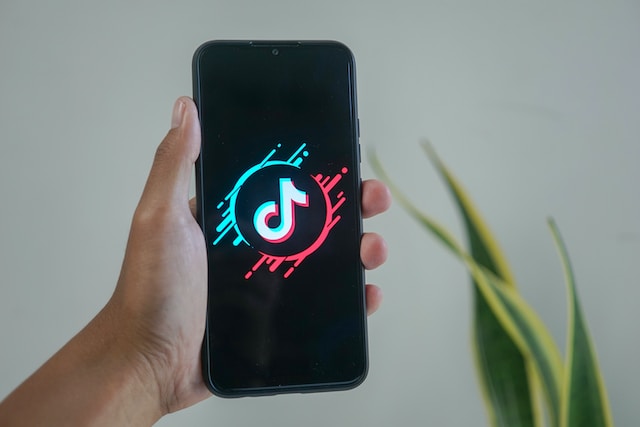TikTok Faces Civil Rights Complaint
In the fast-paced world of tech, TikTok is facing a seismic event—a civil rights complaint that has laid bare accusations of discrimination and racial bias. This article delves into the details of this unprecedented complaint, shedding light on the allegations and the broader implications for workplace diversity in the tech industry. We’ll investigate the origins, motivations behind the complaint, the challenges it presents, and the potential repercussions for TikTok and the tech sector at large. By giving voice to those at the center of this controversy, we aim to provide insights into this pivotal issue.
The Civil Rights Complaint
TikTok finds itself at the center of a significant civil rights complaint, in which allegations of discrimination and racial bias have been brought to the forefront.
Discrimination Allegations
The complaint includes allegations of systemic discrimination against Black employees. This encompasses claims of disparities in promotions, compensation, and opportunities for career advancement compared to their non-Black peers.
Hostile Work Environment
Former and current employees who are part of the complaint describe a hostile work environment marked by racial insensitivity, microaggressions, and a perceived lack of support from the company’s leadership when addressing these concerns.
Diversity and Inclusion Shortcomings
The complaint highlights TikTok’s inadequacies in fostering diversity and inclusion, particularly in leadership positions. This lack of representation has broader implications for decision-making processes and the overall company culture.

Motivations Behind the Complaint
The individuals behind the civil rights complaint have a range of motivations for taking this action:
- Advocating Change: Many are driven by a desire to see meaningful change within TikTok and, by extension, the tech industry. They believe that sharing their experiences can be a catalyst for positive transformation.
- Seeking Accountability: Holding TikTok accountable for its actions is a central objective. Those involved in the complaint are looking for transparency and accountability from the company.
- Creating Solidarity: Speaking out can encourage others who have faced similar challenges to come forward, creating a sense of community and mutual support among employees.
Challenges Faced
Bringing forth a civil rights complaint in the workplace is not without its challenges:
- Professional Risk: Those involved may fear potential professional repercussions, including difficulties in securing future job opportunities.
- Emotional Toll: Reliving traumatic experiences and facing public scrutiny can take a significant emotional toll on individuals.
- Legal Complexities: Legal intricacies, including non-disclosure agreements and potential legal actions, can further complicate the process.
Implications for TikTok and the Tech Industry
The civil rights complaint against TikTok carries far-reaching implications:
- Reputation: TikTok’s reputation is on the line, with the potential for negative impacts on its ability to attract and retain diverse talent.
- Diversity and Inclusion: This case underscores the ongoing challenges the tech industry faces in fostering diversity and inclusion in the workplace.
- Regulatory Scrutiny: The complaint may lead to increased regulatory scrutiny and potential legal actions in response to the allegations.
Conclusion
The civil rights complaint that has engulfed TikTok serves as a powerful reminder of the critical issues that persist within the tech industry. The courage of those who have come forward has the potential to drive significant change, not only within TikTok but also across the broader tech sector. As the industry grapples with the complex and multifaceted issue of workplace diversity, it is essential to listen to these voices and work collaboratively to create equitable and inclusive workplaces.




